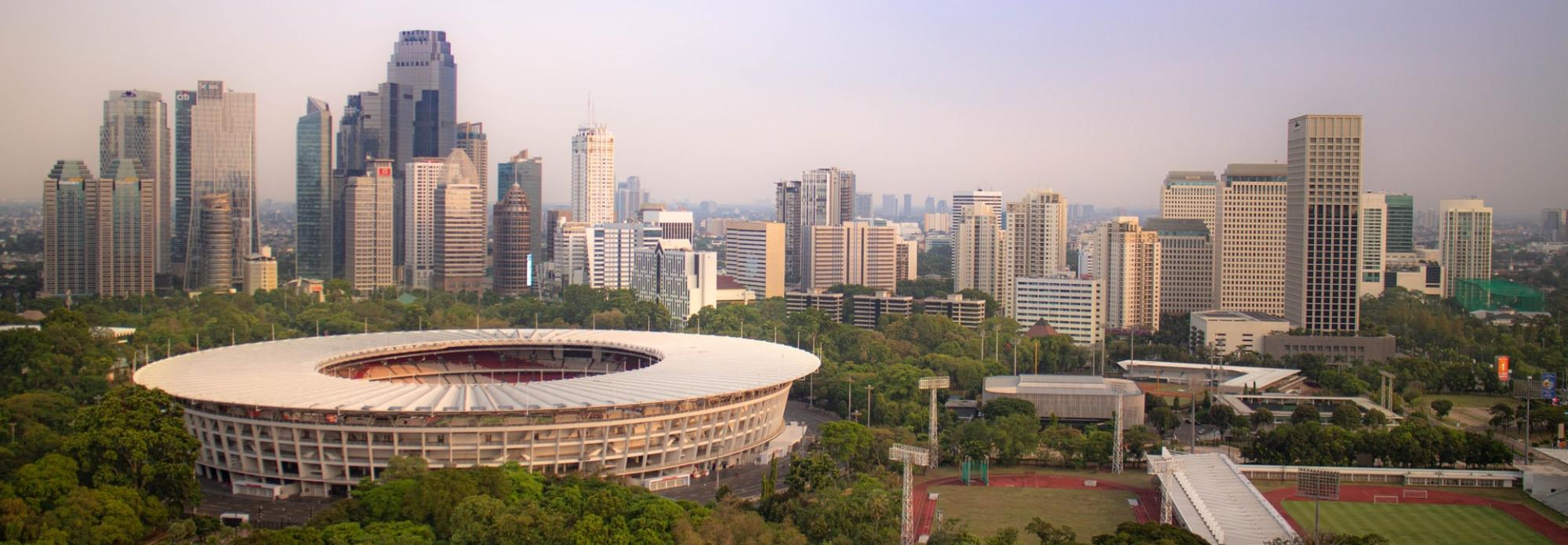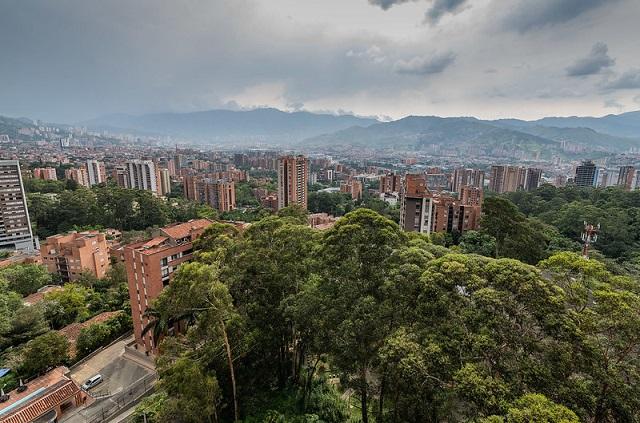Blog
Strategy Refresh Process Underway
The GHG Protocol Secretariat initiated a strategy and organizational review process for the GHG Protocol in May 2022.
Job Opportunities with Greenhouse Gas Protocol
The Greenhouse Gas Protocol team is expanding and is looking for experienced individuals to join our team.
Job Opportunity: Associate, Climate Accounting and Standards
World Business Council for Sustainable Development is seeking an Associate to support their Climate Accounting and Standards team.
5 Reasons Cities Should Include Trees in Climate Action
GHG inventories are an important first step in designing a climate action strategy, as they pinpoint where a community’s emissions come from and where the biggest reduction opportunities lie.
Cities Should Account for Trees in their Greenhouse Gas Inventories. New Guidance Shows How
New guidance developed by WRI, ICLEI – Local Governments for Sustai
Job Opportunity: Technical Support and Training Lead, Greenhouse Gas Protocol
The Greenhouse Gas Protocol is hiring for a Technical Support and Training Lead.
Update on Land Sector and Removals Guidance
The Greenhouse Gas Protocol is developing corporate-level Land Sector and Removals Guidance, building on the
Announcing New Online Courses on Greenhouse Gas Protocol Accounting Standards
The Greenhouse Gas (GHG) Protocol, developed by World Resources Institute (WRI) and World Business Council on Sustainable Development (WBCSD), sets the global standard for how to measure, manage, and report greenhouse gas emissions; these standards are used by thousands of companies to become more efficient, resilient, and prosperous organizations. Hundreds of industry professionals have learned greenhouse gas accounting from WRI experts through in-person and webinar trainings. Now, the same expert instruction is available to you on a low-cost and convenient e-learning platform. Online courses have been developed for the following GHG Protocol standards:
New Greenhouse Gas Protocol Land Sector and Removals Guidance
The GHG Protocol is developing new guidance on how companies and organizations should account for greenhouse gas emissions and carbon removals from land use, land use change, bioenergy, and related topics.
Update on Greenhouse Gas Protocol Carbon Removals and Land Sector Initiative
WRI and WBCSD launched the GHG Protocol Carbon Removals and Land Sector Initiative in January 2020 to develop new GHG Protocol standards and guidance for corporate-level GHG inventories: Carbon Removals Standard, Land Sector Guidance, and Bioenergy Guidance. The new guidance will build on the Corporate Standard and Scope 3 Standard to explain how companies should account for these activities in GHG inventories.
Now Published: Global Protocol for Community-Scale Greenhouse Gas Inventories 1.1
The updated Global Protocol for Community-Scale Greenhouse Gas Inventories 1.1 (GPC 1.1) o
Job Opportunity: Climate Taxonomy Specialist (Manager), WBCSD
WBCSD is hiring for a Climate Taxonomy Specialist (Manager) to join their Climate & Energy Team.
Webinar: Greenhouse Gas Protocol and Science-based Targets for Forest, Land and Agriculture (FLAG) | Mar. 3
Thank you for your interest in the Greenhouse Gas Protocol and SBTi Forest, Land and Agriculture webinar.
Many Companies Inaccurately Estimate the Climate Benefits of Their Products
Cold-water laundry detergents, fuel-saving tires, energy-efficient ball bearings, emissions-saving data centers. Corporations are increasingly claiming that their goods and services reduce emissions. But there is a big problem: These avoided emissions claims are often unverifiable or inaccurate.
New ICAT Policy Assessment Guides for Countries
The recently launched Initiative for Climate Action Transparency (ICAT) policy assessment guides, built in part upon the Greenhouse Gas Protocol Policy and Action Standard, offer a set of methodologies to help countries assess the impacts of policies and actions that reduce greenhouse gas emissions, achieve sustainable development outcomes and drive transformational change.













